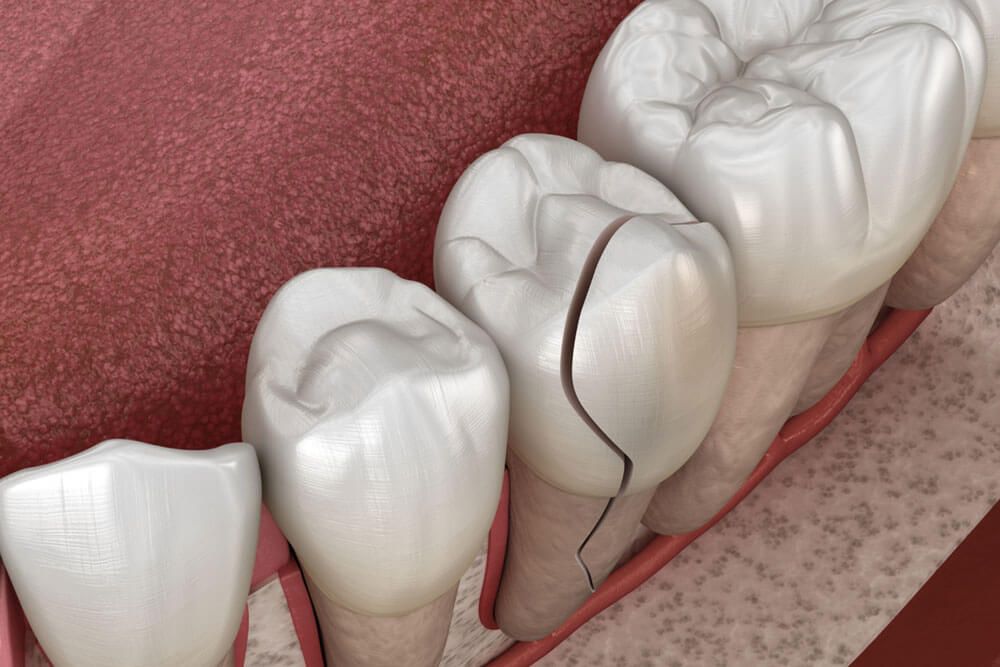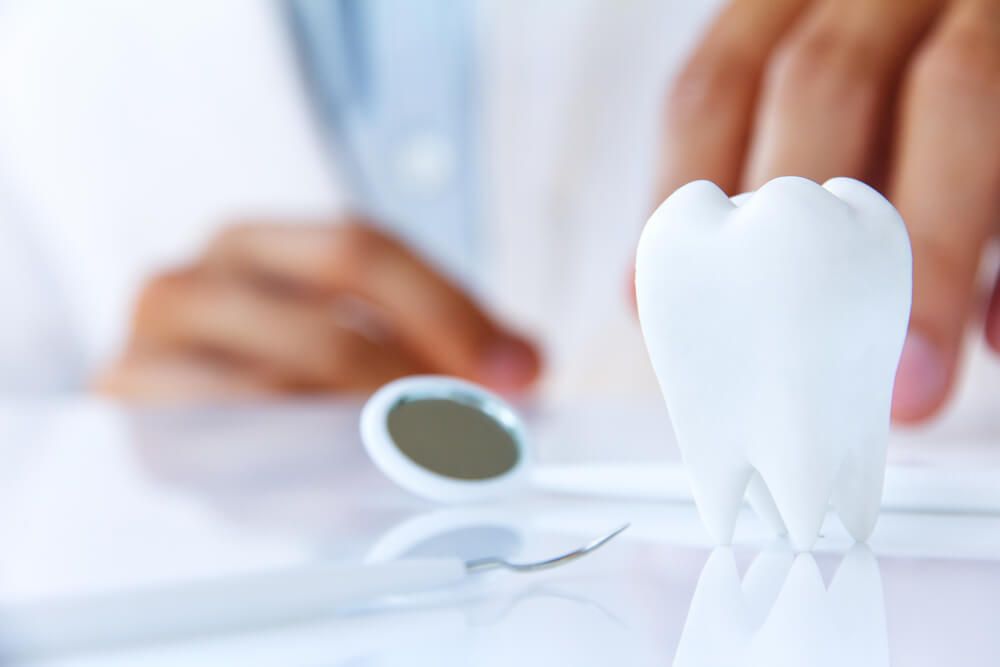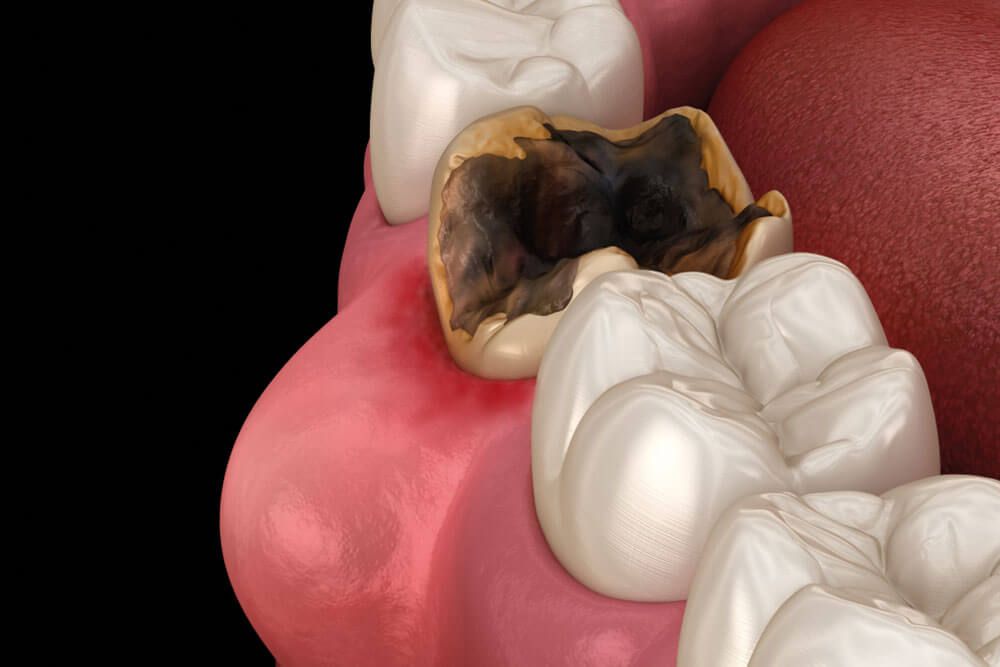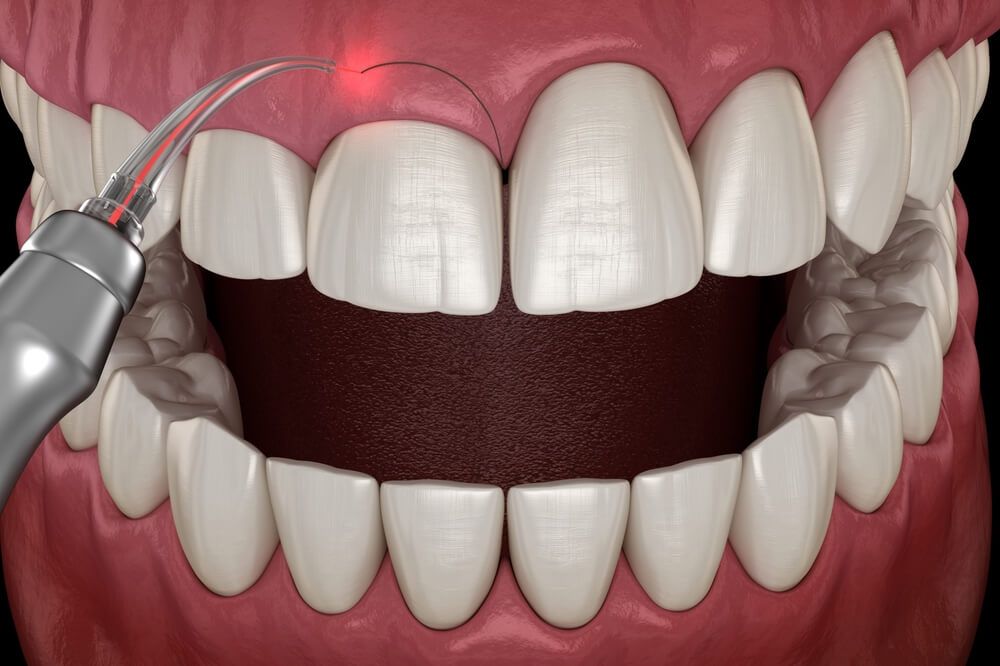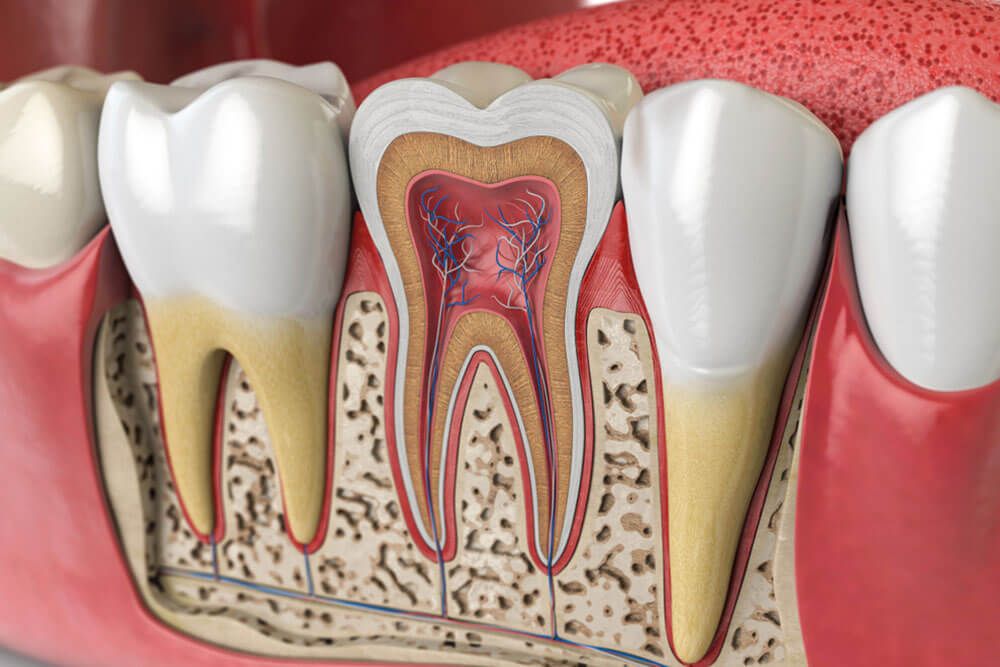Tooth Pain After a Car Accident
Car accidents can cause severe trauma to your body. There are many urgent needs to attend to in the immediate aftermath of a car accident, but don’t overlook the importance of dental care after an accident. While some injuries may more obviously require dental attention, not all kinds of dental trauma after an accident are visible.
If you have been in a car accident where airbags deployed, you hit your face against another object (including the steering wheel, dashboard, or the seat in front of you), or you suffered from severe whiplash, you may also have injured your mouth. The sooner you receive treatment, the more likely you will be able to keep all of your teeth and be pain–free. If you’re experiencing tooth pain after a car accident –it’s time to meet with one of the dentists of Greater Endodontics.
Types of Dental Trauma
In a car crash, it’s possible to injure your teeth and jaw directly or indirectly. A foreign object hitting your mouth or teeth can result in a direct injury. Indirect injuries often occur due to whiplash, which may force your teeth to crush together in an unnatural motion. Direct or indirect, dental trauma is categorized in three ways:
Luxated Tooth
A luxated tooth is still attached to the gum but is loose. A dentist can help you get the tooth back into place and ensure no additional damage has occurred to the tooth or the rest of your mouth.
Avulsed Tooth
An avulsed tooth has become completely dislodged from the gum. (knocked out) If you lose a tooth in an accident, you have a two–hour window to preserve your natural teeth after they are avulsed. Pick up the tooth by the crown (not the root) and immediately put the tooth in a container filled with saliva, saline solution, or whole milk. Get to a dentist as soon as possible to preserve your natural tooth or teeth.
Fractured Tooth
A fractured tooth is when part of the tooth breaks, but the lower part of the tooth is still attached to the gum. Teeth can fracture in several ways. Treatment for a fractured tooth depends on the kind of fracture:
- Ellis I fracture: This kind of fracture doesn’t extend beyond the tooth’s enamel. Your teeth may have some rough edges but are likely not tender. Your tooth will not have changed color.
- Ellis II fracture: This kind of fracture is more painful as it goes past the tooth enamel and into the dentin layer of your tooth. As a result, your tooth is likely sensitive to touch and exposure to air.
- Ellis III fracture: This is the most extreme type of fracture. In this case, the fracture impacts the enamel, the dentin, and the pulp layer of your tooth. Your tooth will be sensitive to touch and air and will likely require a root canal to repair it fully.
If you experience tooth pain after a car accident, see the dental experts of Greater Endodontics as soon as possible. We can give you peace of mind that your teeth and jaw are still healthy.
Tooth and Jaw Pain After a Car Accident
You should visit a dentist if you are experiencing tooth or jaw pain, even without any visible teeth injuries. Tooth pain can manifest in several ways. It may be concentrated in a specific tooth or an expanded area in your mouth, or it can extend into your gums or jaw. It may even cause headaches.
Jaw impairment injuries are common after a car crash. If you’ve experienced a head injury, you’re at greater risk for temporomandibular joint dysfunction, or TMJ. Signs of TMJ include pain in your jaw, difficulty chewing, or a clicking sound in your jaw joint. You may also experience earaches or vertigo. Since the jaw is located so close to the ear, a jaw injury can also affect your ear.
If you are experiencing jaw or tooth pain after a car accident, don’t hesitate to contact a dentist specializing in dental trauma like the experts of Greater Endodontics.


